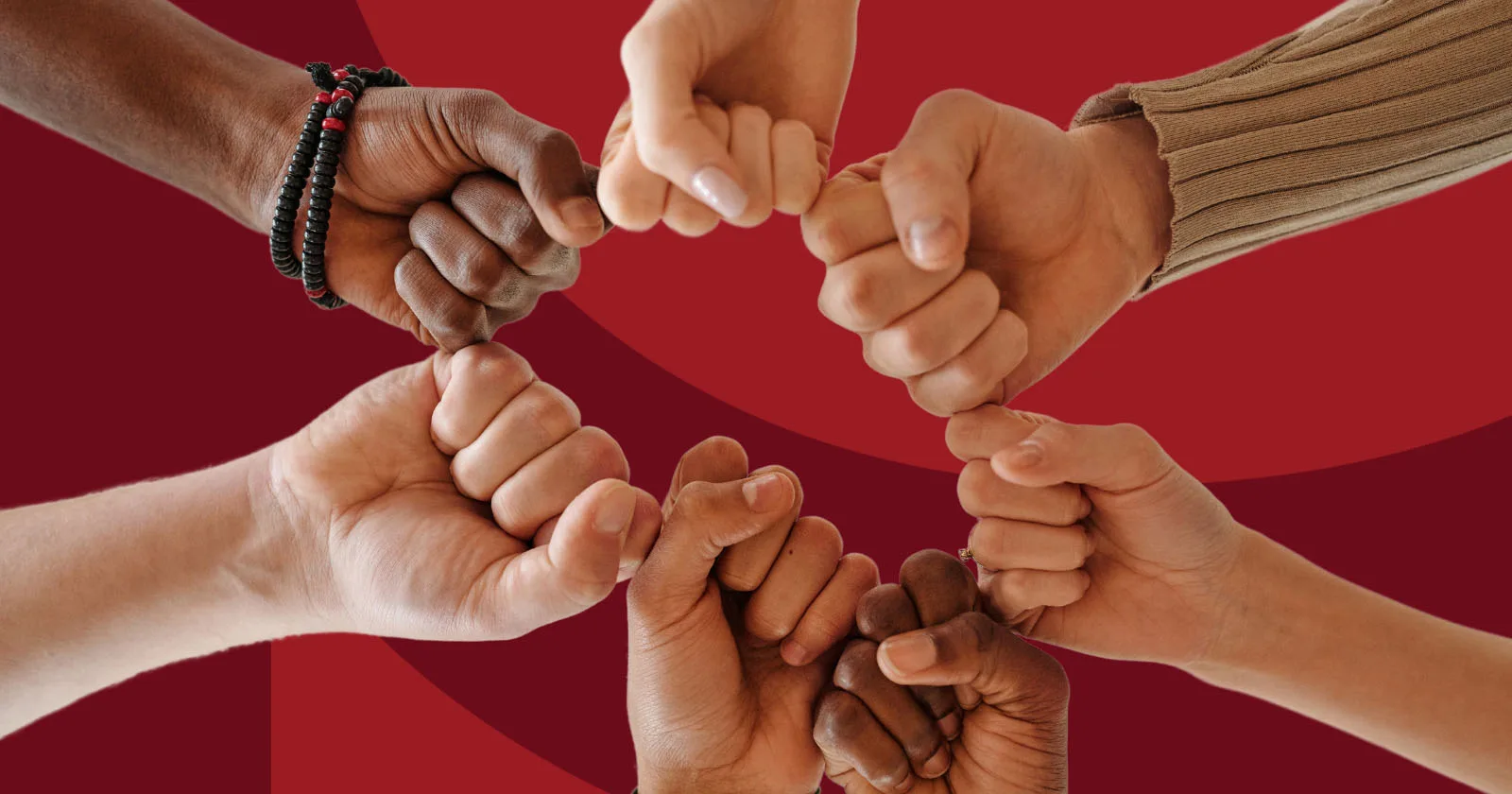March is not just the arrival of spring; it’s a time when the world collectively celebrates International Women’s Month, honoring the achievements, contributions, and resilience of women around the world. In recent years, there has been a significant shift in the way businesses approach marketing during this critical month. In fact, The Pollack Group (TPG) was founded on March 25, 1985, by Noemi Pollack, a businesswoman passionate about transforming the PR industry. TPG has worked with some of the largest brands in the US, has built a distinctive reputation among clients and media, and has established the Noemi Pollack Scholarship that awards a USC Annenberg School for Communications and Journalism scholarship to an undergrad PR major or PR minor student, a merit-based tuition scholarship.
While the achievements of our agency are celebrated, women still face many obstacles in the workplace, as they are frowned upon for social climbing, networking, and building friendly relationships with coworkers, while their male counterparts seem to be rewarded for it. The double standards women face in society are endless and exhausting, but many businesses are taking a stance and working towards a brighter future for women who long to embrace successful careers without judgment or ridicule.
TPG is one of many companies that are woman-led, founded, and committed to embracing women and allies in the workplace. Let’s investigate how the emergence of gender-inclusive marketing strategies have played a pivotal role in breaking down stereotypes and fostering a more diverse society.
Breaking Stereotypes
More and more women are now in leadership roles, and those in power have shown to embrace women of all ages, sizes, and ethnic backgrounds. They are rewriting the narrative of women in the workplace by promoting a more inclusive representation. Avon, one of the top beauty brands in the United States, was one of the first companies to portray women in executive roles through advertising. The brand has held a fierce reputation as “a company of women, for women” and has even created an Enterprise award program celebrating women business owners across the country. The Pollack Group also has a valued group of executive women, from Account Supervisors to Senior Vice Presidents, offering counsel and expertise in leadership, crisis reputation management, marketing strategy, messaging positioning, and more.
Embracing Diversity
Gender-inclusive marketing goes beyond challenging stereotypes; it actively promotes diversity, recognizing women as not a monolithic group with uniform preferences and characteristics. Brands are shaping their messaging and marketing to tailor to their target demographics. This approach acknowledges the multifaceted nature of women’s identities and experiences, fostering a sense of representation and belonging for all. Personal care brand Dove launched the “Real Beauty” campaign in 2004 that challenged conventional beauty standards and celebrated women of all shapes and sizes in advertising. By promoting a message of inclusivity and self-acceptance, Dove saw a significant increase in their beauty product line sales.
Economic Empowerment
Through gender-inclusive marketing, businesses contribute to societal change and tap into a vast economic potential. By appealing to a diverse consumer base, companies can enhance their market reach and profitability. Studies show that women make the majority of purchasing decisions globally, and by understanding and respecting their perspectives, brands can build lasting connections and loyalty. General Motors (GM) was one of the first brands to recognize the purchasing power of women and adjusted its marketing strategies accordingly. Back in 2004, GM launched the “Women in the Driver’s Seat” campaign to appeal to women by highlighting safety features, reliability, and design aesthetics that resonated with the consumer base. The approach was immensely successful, “driving” market share among female buyers.
Social Impact
In the era of social media activism, consumers are more conscious than ever about the values and principles that brands uphold. Gender-inclusive marketing is a powerful tool for companies to showcase their commitment to equality and social justice. By aligning their messaging with the values of International Women’s Month, brands can contribute to meaningful conversations, inspiring positive change and promoting a more equitable society.
Building Empathy
Effective marketing is not just about selling products; it’s about building connections and relationships with consumers. Gender-inclusive marketing fosters empathy by acknowledging and addressing women’s unique challenges and triumphs. By doing so, brands demonstrate a genuine understanding of their audience, building trust and loyalty among consumers who appreciate the acknowledgment of their experiences. SodaStream took note of this strategy and launched a social media campaign to honor International Women’s Month by asking followers to share personal stories of women who have inspired them and made significant impacts on their lives. In leading with empathy, the brand was able to foster a community of moving stories, subtly build brand awareness, and target new audiences.
As brands celebrate International Women’s Month, the role of gender-inclusive marketing in reshaping societal norms and fostering inclusivity, cannot be overstated. Beyond the confines of marketing campaigns, this shift represents a broader movement towards a more equitable world. By challenging stereotypes, embracing diversity, and contributing to economic empowerment, businesses can play a pivotal role in building a future where every woman feels seen, heard, and empowered. By actively dismantling stereotypes and driving economic empowerment, businesses wield the influence to shape market trends and forge a future where every woman’s voice is amplified, her strength celebrated, and her potential unleashed.
This International Women’s Month – let’s celebrate the progress made and recommit ourselves to a future where gender inclusivity is not just a marketing strategy but an integral part of our collective consciousness. Together, we can build an unstoppable momentum toward a future where gender inclusivity is the norm, not the exception.
Just ask Noemi Pollack.






